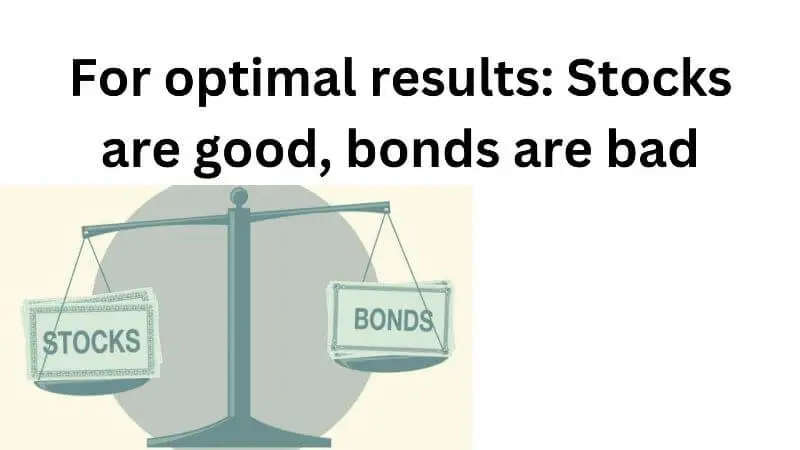
Long-term investments in index funds can secure your financial future, but what strategies do the experts use? In this article, insights from business leaders and Financial Officers shed light on successful investment tactics.
Learn why diversifying across sectors and regions is crucial, and discover the benefits of adopting a set-it-and-forget-it approach.
This post compiles nine valuable tips to help you navigate your investment journey.
- Diversify Across Sectors and Regions
- Start Early and Invest Consistently
- Maintain Consistency Through Market Fluctuations
- Stay the Course During Market Downturns
- Diversify Across Global Markets
- Avoid Over-Diversifying with Index Funds
- Automate and Regularly Invest
- Stick with a Single Index Fund
- Adopt a Set-It-and-Forget-It Approach
Diversify across Sectors and Regions
When I invest in index funds for the long-run, I like to spread my money across different sectors and regions. This way, I’m not putting all my eggs in one basket, and can buffer against any market downturn. I also regularly rebalance my portfolio to keep everything in the right proportions as the markets move. By consistently adding to my investments, and avoiding the urge to time the market, I’ve found a reliable way to achieve steady growth over time. — Shane McEvoy, MD, Flycast Media
Start Early and Invest Consistently
The approach is simple: Start early and invest consistently, regardless of market conditions. This method, known as dollar-cost averaging, has proven effective based on my analysis of market trends and investment patterns.
Here’s the gist: Choose a broad, low-cost index fund (like one tracking the S&P 500) and invest in it regularly: monthly or quarterly. The key is maintaining this routine even during market turbulence.
This strategy works by removing the stress of timing the market and allowing you to buy more shares when prices dip. Over time, this can lead to significant returns. — Markus Kraus, Founder, Trading Verstehen
Maintain Consistency through Market Fluctuations
One key tip for long-term investments in index funds is consistency. Regularly invest through dollar-cost averaging, regardless of market fluctuations. This strategy reduces the impact of market volatility and allows you to benefit from compounding returns over time. Additionally, stay focused on your long-term goals and avoid reacting to short-term market noise. Patience and discipline are essential when investing in index funds, as they provide steady growth over extended periods. — Jocarl Zaide, Chief Financial Officer, SAFC
Stay the Course during Market Downturns
One personal tip for making long-term investments in index funds is to stay the course and avoid timing the market. Index funds are designed to mirror the performance of entire markets, and over the long term, markets tend to grow despite short-term volatility. Based on my experience, consistently investing — even during market downturns — through a strategy like dollar-cost averaging can help smooth out the effects of market fluctuations and take advantage of buying opportunities when prices are lower.
Patience is key. By keeping a long-term perspective and regularly contributing to your index fund, you allow compound growth to work in your favor. Resist the urge to react to market drops by selling or trying to predict market highs, as this often results in missed gains. The power of index funds lies in their diversification and ability to grow with the broader market over time, making them a reliable choice for long-term wealth-building. — Rose Jimenez, Chief Finance Officer, Culture.org
Diversify across Global Markets
My top recommendation for long-term index-fund investing is to diversify across global markets. While many investors focus solely on domestic indices, incorporating international exposure can significantly enhance your portfolio’s resilience and growth potential. Consider allocating a portion of your investments to index funds tracking developed and emerging markets worldwide. This approach helps spread risk across different economic cycles and currencies, potentially smoothing out returns over time.
On top of that, as the global economy becomes increasingly interconnected, you’ll be better positioned to capture growth opportunities wherever they arise. Remember, diversification doesn’t guarantee profits or protect against losses, but it’s a powerful tool for managing risk. Regularly review and adjust your global allocation based on changing market conditions and your risk tolerance, always keeping your long-term objectives in sight. — Brandon Aversano, CEO, The Alloy Market Continue Reading…






